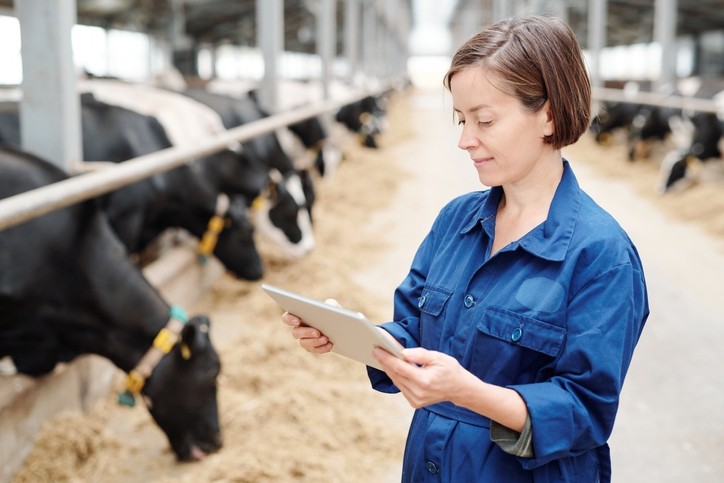Greening cattle production
Our second most read, or in this case, most listened to story, was a podcast focused on sustainable cattle production.
As cows burb, they emit the methane produced in their stomach, and this factor makes dairy and beef production responsible for a significant amount of man-made global warming. So the race is on to find solutions to reduce methane emissions in livestock, namely in dairy and beef cattle.
To weigh up the advantages and disadvantages of some of the solutions already on the table, as part of our new podcast series, Feed Matters, we interviewed methane emission reduction expert, Dr Jan Dijkstra, associate professor, ruminant nutrition, Wageningen University.
He analysed major developments in this area for us from work done with seaweed to the methane reduction success rate to date recorded in trials on DSM's feed additive, 3NOP. He also evaluated the impact of roughage quality on methane production in ruminants and how this can differ depending on the type of animal involved - sheep, beef cattle or dairy cows. Finally, he assessed the impact of residual feed intake and feed efficiency on methane release in livestock, and determined how effective it is to go down the genetic route and select for low methane emitting cows.

















